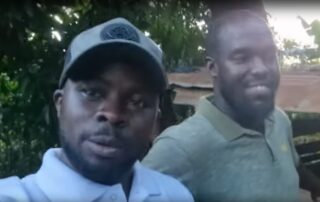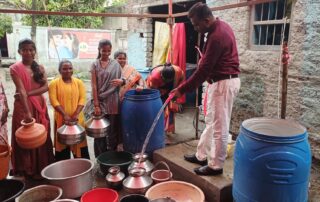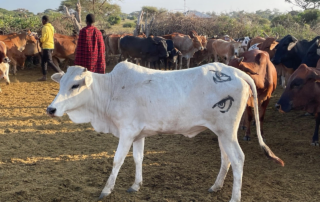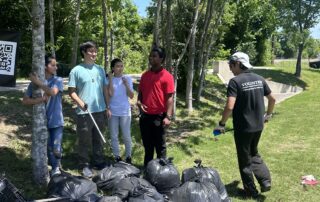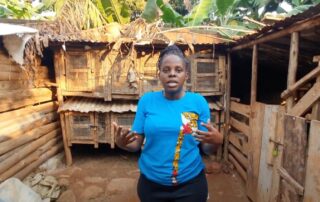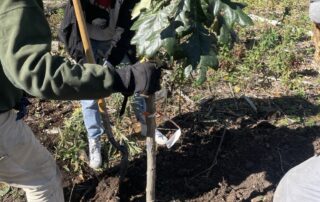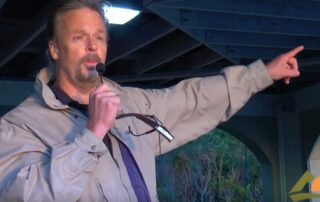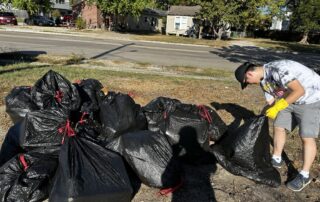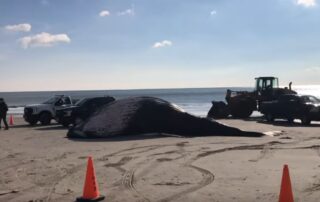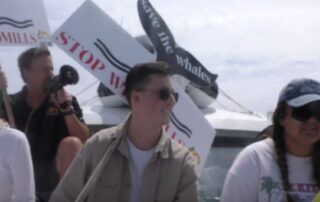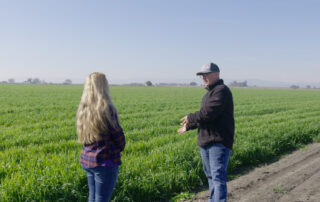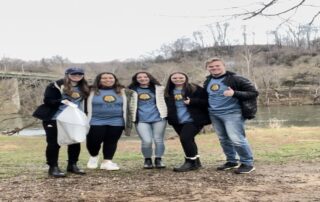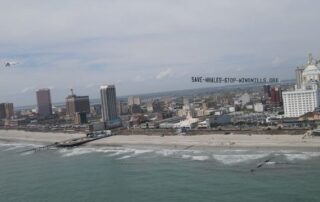Liberty University, the nation’s largest evangelical Christian university, is home to one of CFACT’s many vibrant campus groups. This past semester our campus group there took it upon themselves to put stewardship of the planet into action by cleaning up the beautiful nature preserve at Percival’s Island. This island, located along the James River in eastern Lynchburg, is home to many of North America’s most beloved species including the Bald Eagle. All too often tourists are careless with their trash while hiking the numerous trails leaving behind a less than pristine environment. Students spent several hours doing cleanup. Julia Heath, our [...]
